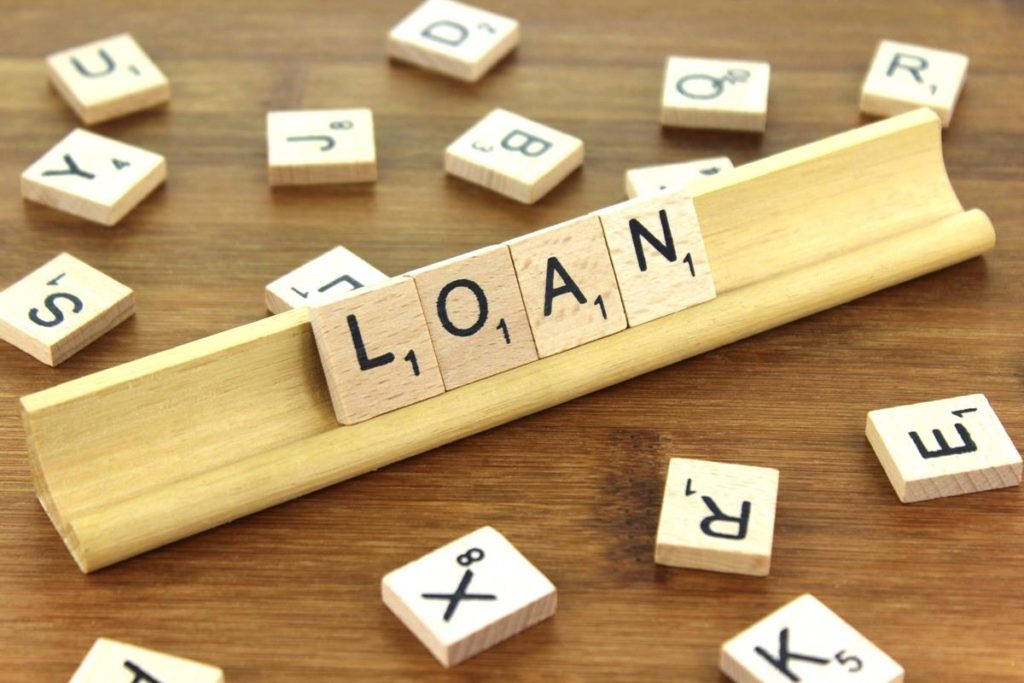There are many scenarios in which an individual may need a loan to finance a purchase, consolidate debt or make sure that there is money to service other debts. However, just as there are many reasons to get a loan, there are many different loans available. How do you decide which one is best suited for your current financial situation?

Should You Get a Secured or Unsecured Loan?
A secured loan is one that in which a borrower puts up collateral to make it easier for the lender to get his or her money back. While this may lower the cost of borrowing and make it more likely that a borrower will have his or her loan request approved, it also means that the borrower could lose that collateral if the loan isn’t repaid.
If you have good credit and sufficient income to cover a loan, a lender may give you a low interest loan without the need for collateral. Bad credit lenders may also provide unsecured loans to those who can’t or don’t want to put their home or another necessary asset at risk.
An unsecured loan may also be ideal because they are easier to discharge in bankruptcy. If a lender has a lien, it generally cannot be stripped because that party has an interest in the property that can’t just be wiped away or otherwise negated on a whim. Therefore, if you think that you may need relief from a debt in the future, do your best to borrow without collateral.
Do You Want to Put Money Down?
Most people borrow money because they don’t have enough of their own to make a purchase or otherwise manage their debt. Therefore, it may not make sense to put money down as a condition of getting a loan. Mortgage products that are backed by the government such as USDA or VA loans allow eligible parties to buy a home without putting anything down.
You may also be able to get financed for a car purchase without having to put money down if you have good enough credit and sufficient income. However, when you buy a car or any other depreciating asset, it may be in your best interest to put down as much as possible when you actually take possession of it. This may reduce the odds that you are stuck with an asset that is worth less than what you owe in two or three years.
Ultimately, whether you put money down or not will depend largely on your current financial resources and your needs going forward. If you anticipate a large expense or have large recurring expenses, you may want to keep your cash in the bank where you can access it immediately when you need it.
How Much Time Do You Need to Pay?
Your financial situation may dictate how much time that you need to pay it off. In turn, this may limit your options when you start to shop for a loan. For instance, if you need many months or years to pay off the debt, you may want to get a personal loan or a bad credit personal loan.
However, if you only need a few days or a couple of weeks to repay the debt, a title or payday loan may be an option to consider. These loans are typically repaid within 30 days with terms that can stretch to 90 days if necessary. Borrowers should consider that the longer it takes to repay a loan, the more interest that will accrue on the debt.
This means that it will become more expensive to repay, which could further impact your finances both now and in the long-term. To keep your borrowing costs as low as possible, look for financing that comes with as short a repayment term as possible combined with a low interest rate.
Are You Looking to Consolidate Current Debt?
At some point, it may become overwhelming to try and juggle multiple payments with high interest rates. Therefore, it may be in your best interest to consolidate your debt to pay what you owe in one monthly payment at a lower interest rate. Graduate and undergrad individuals can get a student loan consolidation to simplify their payments and help them focus on other priorities they currently have. Debt consolidation may also be done by transferring a credit card balance to a new card with a 0 percent interest rate or combining your debts with a personal loan or home equity loan.
One way of easing up debt consolidation is with the use of a reverse mortgage, which is applicable to homeowners 62 years and older. This allows homeowners to tap into their home’s equity by making it more liquid (cash).
There are dozens of loan products for you to choose from when you need help managing your finances. However, it is important that you take the time to consider whether a particular loan meets your needs before you consider applying for it. This is because once you agree to borrow the money, you may be on the hook for repaying it for the next several months or years.